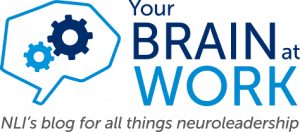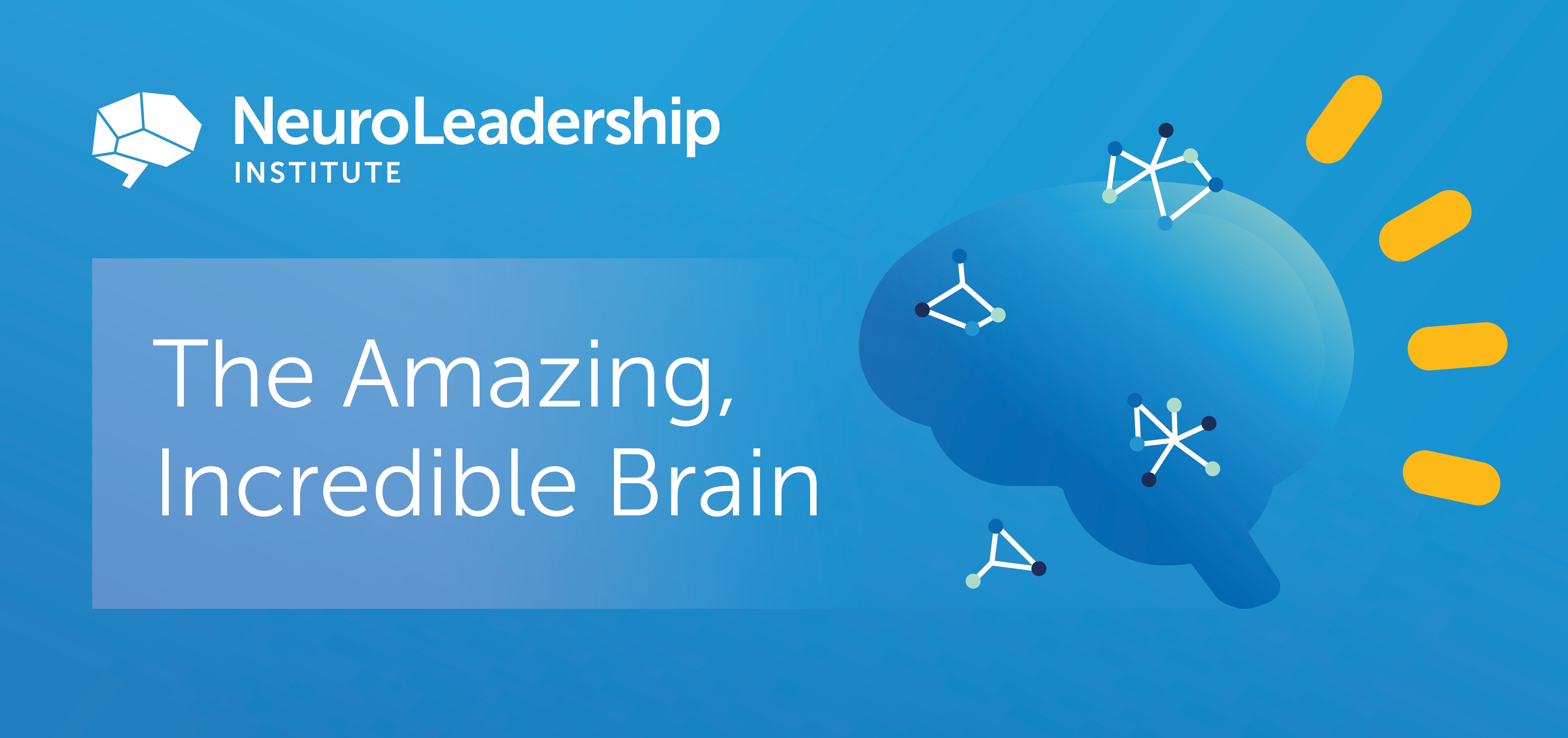By Chris Weller and David Rock According to Gallup, organizations could realize an extra 18% in profit and 14% in productivity by doubling the proportion of employees who feel that...
Read More →

FEATURED INSIGHT
By Chris Weller and David Rock According to Gallup, organizations could realize an extra 18% in profit and 14% in productivity by doubling the proportion of employees who feel that...
Read More →
In this video, we highlight some of our favorite thoughts from the 2022 NeuroLeadership Summit about how to successfully build a hybrid work environment.

Advantage is more than just wealth, education, and demographics. Learn about the science of generational knowledge.

In this video, we highlight some of our favorite insights about leadership and organizational change from the 18th annual NeuroLeadership Summit.

In honor of Brain Awareness Week, we wanted to highlight a few of our favorite facts – and myths – about this complex, intriguing organ.

In this video, we highlight some of the most powerful comments about growth mindset from our conversations at the 18th annual NeuroLeadership Summit.

Join millions of employees in creating culture change at scale by reaching out today.

In 2007, David and Lisa Rock and their team had been working in leadership development and executive coaching for ten years, when David coined the term “NeuroLeadership.”ef

North America
Africa
South America
Asia
Europe
Australia
© NeuroLeadership Institute 2025. All Rights Reserved
This site uses cookies to provide you with a personalized browsing experience. By using this site you agree to our use of cookies as explained in our Privacy Policy. Please read our Privacy Policy for more information.